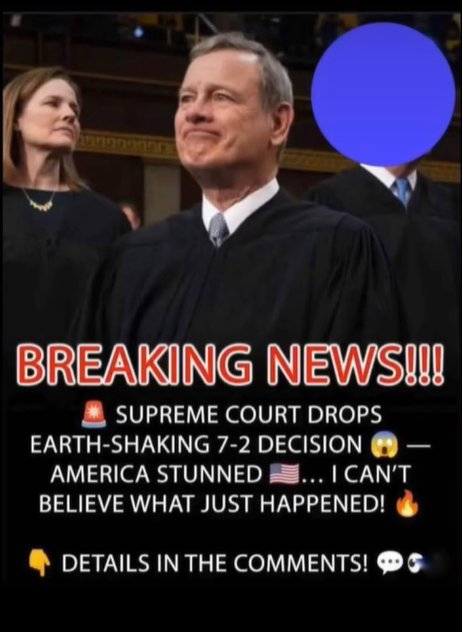The U.S. Supreme Court has handed a significant defeat to California’s ambitious climate agenda, with even one liberal justice joining the conservative majority in a 7-2 ruling. The decision allows the state’s energy producers to move forward with a lawsuit against the U.S. Environmental Protection Agency, challenging California’s strict green energy requirements. At the center of the dispute is California’s plan to require electric vehicles to dominate the market by 2035, part of Governor Gavin Newsom’s push for “carbon neutrality.” Justice Brett Kavanaugh, writing for the majority, emphasized that the state’s mandates may not only be overly restrictive but potentially illegal.
“The government generally may not target a business or industry through stringent and allegedly unlawful regulation, and then evade the resulting lawsuits by claiming that the targets of its regulation should be locked out of court as unaffected bystanders,” he wrote. Kavanaugh noted that the fuel producers had established legal standing to challenge the EPA’s approval of California’s regulations.
Kavanaugh also pointed out that the EPA had repeatedly shifted its legal arguments regarding the Clean Air Act and California’s authority to regulate greenhouse gas emissions from new vehicles. This inconsistency weakened the federal agency’s case and bolstered the position of energy producers challenging the mandates.
Chet Thompson, president and CEO of American Fuel & Petrochemical Manufacturers, praised the ruling as a major victory. “The Supreme Court confirmed that fuel manufacturers have the right to challenge unlawful electric vehicle mandates,” he said. “California’s approach exceeds the authority granted by Congress and undermines lawful regulation.”
The decision adds to recent legal challenges facing Governor Newsom. The Ninth Circuit Court of Appeals recently sided with the Trump administration in allowing control of elements of the California National Guard, overruling a lower court judge who claimed federalization violated the Constitution. President Trump expressed gratitude for the ruling, noting it enabled him to deploy the Guard to maintain safety in Los Angeles. This Supreme Court ruling is a critical moment in the ongoing debate over state versus federal authority and the future of electric vehicle mandates in California. It underscores that states cannot impose sweeping regulations that conflict with federal law, and it highlights the legal limits of environmental mandates when they target specific industries. As the nation watches, California’s ambitious climate policies now face closer scrutiny, and the ruling may influence similar challenges in other states pursuing aggressive green energy goals. For businesses and consumers alike, the decision signals a shift in how environmental regulations will be evaluated at the federal level.

